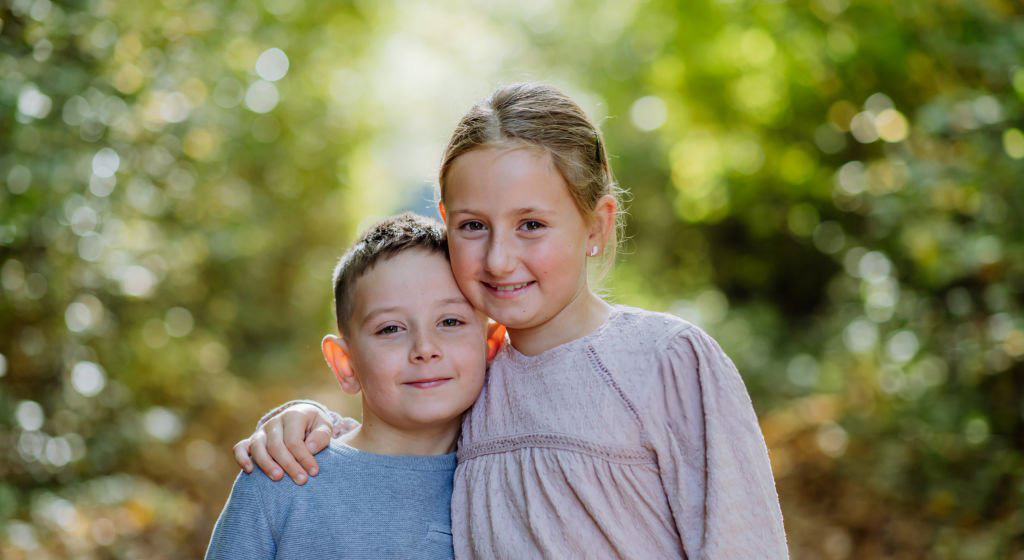History of Child Inclusive Mediation
Professor Jennifer McIntosh developed the process of child inclusive mediation in Melbourne, Australia as a way to effectively include the child’s voice in mediation and improve the outcomes for family mediation, including cases that were being litigated in the court system.
The process has had great success in Australia as shown in her study of child inclusive and child focused mediation following 169 families over the course of four years with 133 families remaining at the end. Professor McIntosh published this report in 2009 (McIntosh, Long and Wells 2009), demonstrating that among the favorable results in the child inclusive mediation practice were lower rates of return to mediation for parenting matters, higher satisfaction with living arrangements for fathers and children, and better management of parenting disputes. (View Resource)
Along with other mediators and mental health professionals in metropolitan New York, I took the training in 2016 and am glad to be able to offer this practice to families who could benefit from the process in appropriate circumstances.
The Mediation Process
In addition to the mediator, the parties retain a mental health professional who is trained in the Child Inclusive Mediation process (child consultant). The child consultant meets with the parties briefly and then consults with the child.
In the child consultations, the child consultant explains the process in an age-appropriate manner and engages the child in a manner suited to the child’s comfort level so that the child may express his or her experiences in the parents’ conflict, the relationships with both parents and the child’s thoughts and needs about future options. Just the interview alone has been found to have a positive effect on the child.
Then, the child consultant joins the parties and the mediator for a feedback session. In the feedback meeting, the child consultant doesn’t simply relay what was learned from the child and make a recommendation. Rather, the consultant explains the child’s particular experiences and what may likely happen if there is no change in the child’s experiences. At the same time, the mediator and child consultant support each parent’s capacity to change to a co-parenting focus that enhances a more positive outcome for the child and supports the child’s highest developmental capacities.
A 30-minute no-charge consultation is available for Mediation Services.
Request a Consultation
